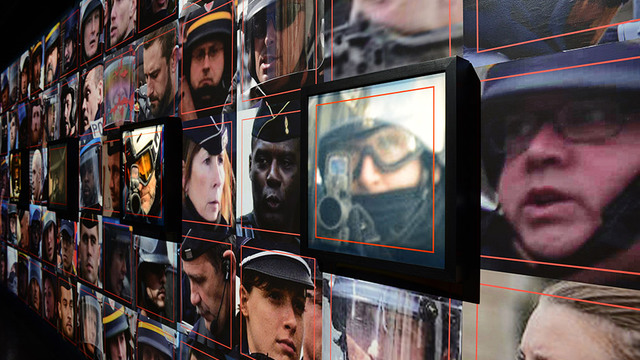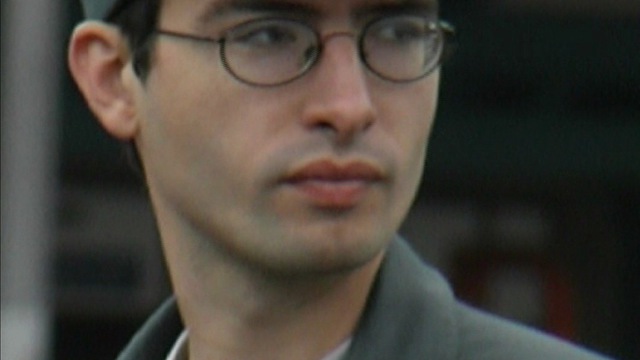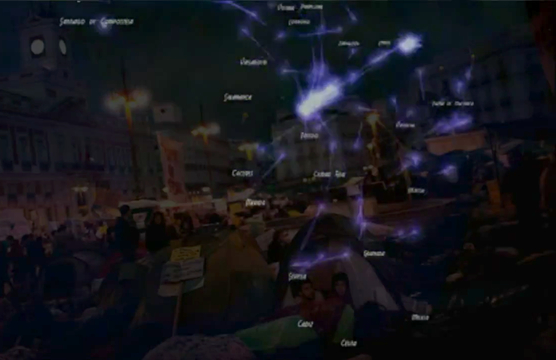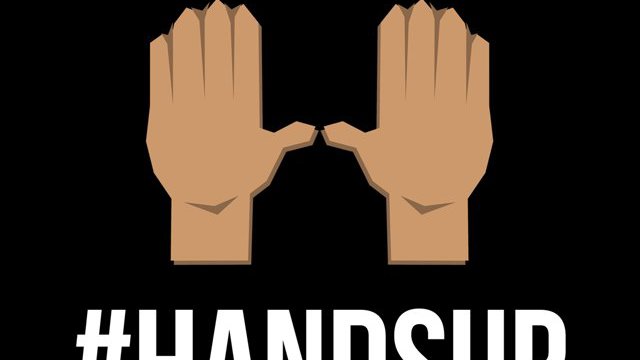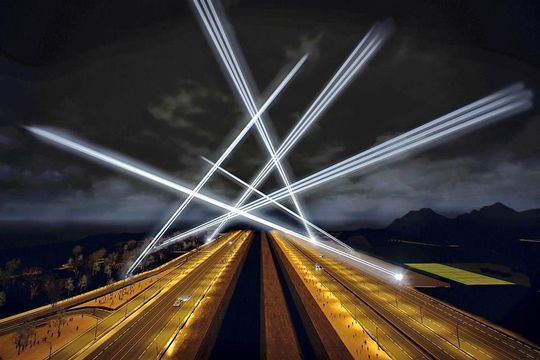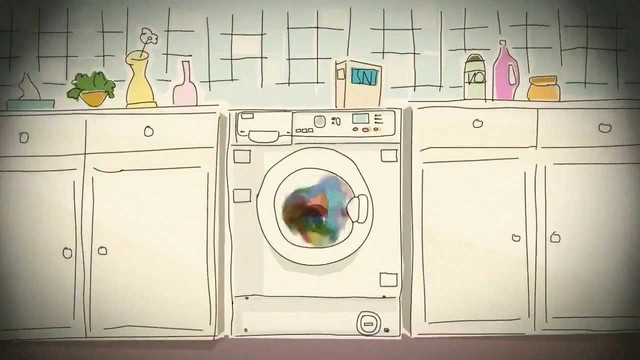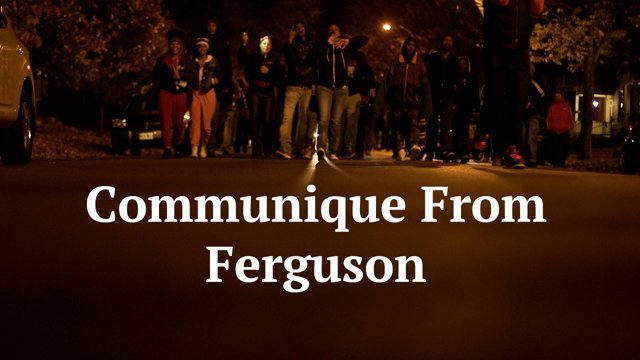Call for a #GlobalDebout, May 15, 2016
We call for a #globaldebout day of action on the 15th of May, 2016.
We call on peoples movements across the world to mobilise for justice and real democracy on the weekend of May 15th, 2016 for a #GLOBALDEBOUT. We invite you to come to Paris for an International Gathering of movements at Place de la Republic on May 7 and 8.
Today #46mars (April 15) is just two weeks after one million people mobilized in Paris and the movement Nuit Debout continues to grow. In numerous French and foreign cities, #Nuitdebout (Night on our Feet) is a light in the dark, it gives testimony to our hopes, dreams and common rebellions. Those who have taken the squares in the past and those who are taking them NOW: we know something is happening.

